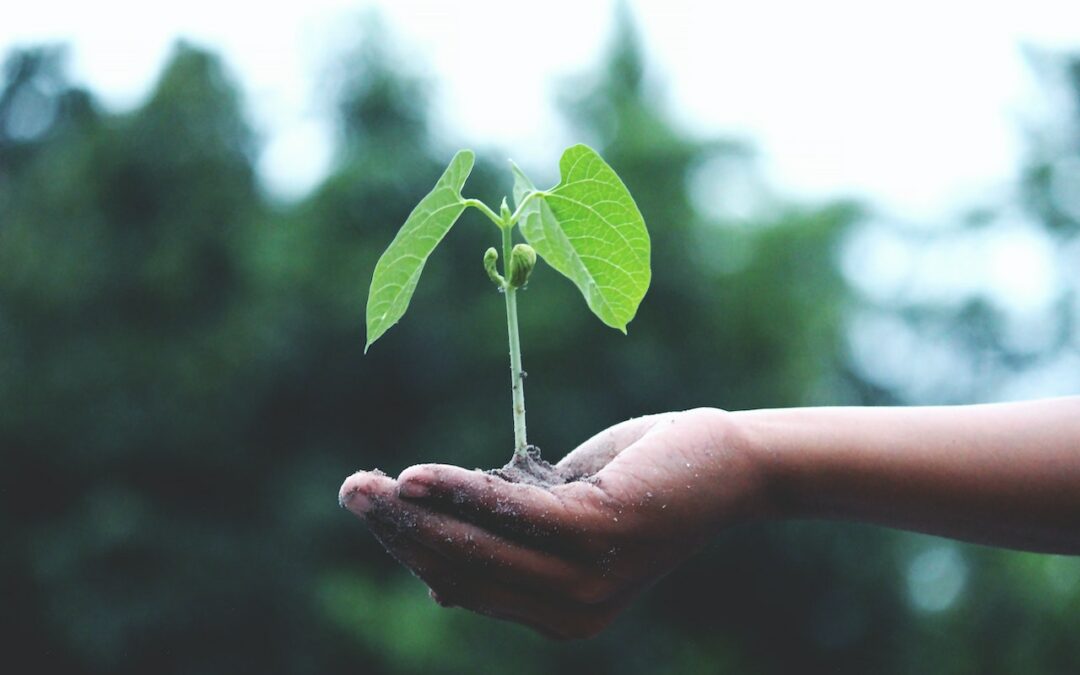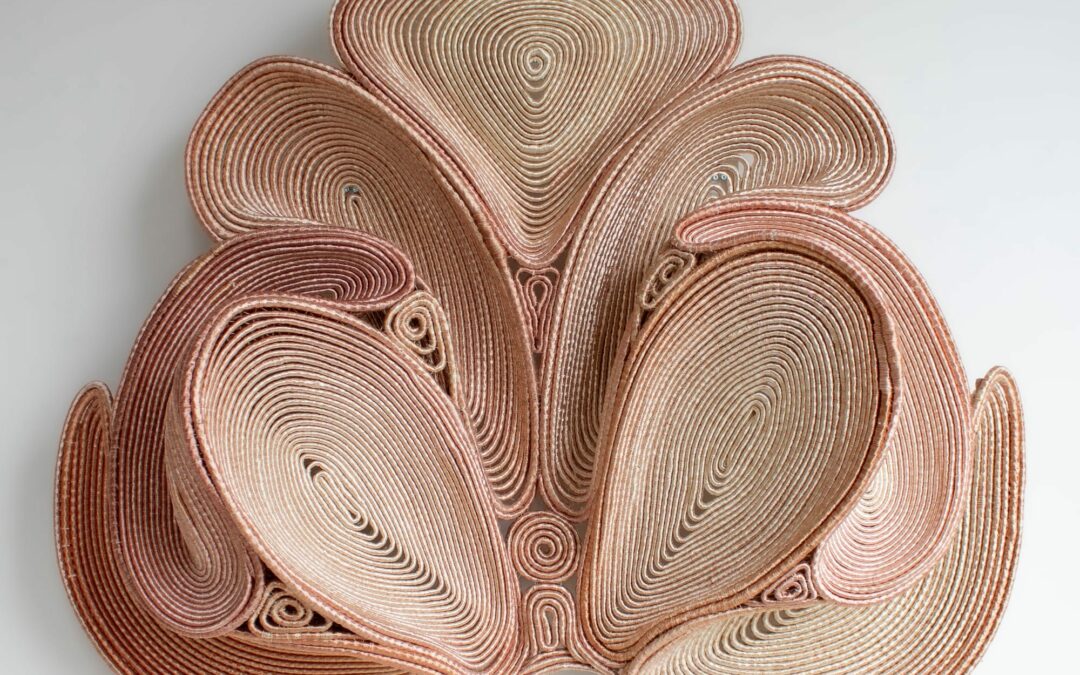
Fighting waste by counting flies
An innovative tech collaboration is helping to finesse a low-cost rubbish recycling process that relies on the insatiable appetite of black soldier fly larvae.
Biotech company ARC Ento Tech, based on the NSW Central Coast, is helping to process landfill in the state by using the larvae of this common fly to eat the organic waste that’s part of mixed solid waste. Once all the organic waste is eaten, the larvae are recovered and converted into commercial products, including organic fertiliser and a nutrient-rich insect meal for chickens, while the inorganic waste is converted into an industrial reductant that can replace coking coal.
As larvae, black soldier flies will eat almost anything, from food waste to manure, before they become adults and lose their mouths. This makes them a valuable addition to the recycling process. To make its system more efficient, ARC Ento Tech needs more fly larvae to be produced by adult flies in the recycling hatch, but until now, there has been no accurate way to measure black soldier flies’ reproductive behaviour.
This is where a neuromorphic system created by Western Sydney University researchers can help.
“While ARC Ento Tech have created ideal conditions for the black soldier fly larvae to flourish in the recycling hatch, they don’t know the speed at which black soldier flies can breed larvae and the number of larvae they produce,” said Project Lead Dr Alexandre Marcireau from the International Centre for Neuromorphic Systems at Western Sydney University.
“Optimising the breeding of the flies requires precise knowledge of the number of flies that move from the ‘growing area’ where they eat waste, into the ‘breeding room’ where they breed and deposit larvae eggs. If we can count these fast-moving objects, then the recycler can systematically quantify the impact of breeding parameters such as temperature, light intensity and amount of food, and engineer an optimised system with significantly higher yields of larvae.”
It is difficult for conventional cameras and sensors to capture this sort of data due to the high speed and number of flies. The system designed by the Western Sydney University team is based on a neuromorphic camera: technology that uses sensors to collect only useful data, and which has been inspired by biology to accurately observe fast-moving objects, including flies.
The ‘High Speed Counting of Black Soldier Flies’ project utilised the world-leading neuromorphic vision capabilities at Western Sydney University in collaboration with Macquarie University researchers who delivered the hardware that allowed the sensor to operate inside the breeding cages.
“The FlyCount system was developed with neuromorphic vision sensors and a custom spike detection algorithm for real-time, accurate fly counting, which ensures 95% accuracy in dynamic lighting,” said Professor Subhas Mukhopadhyay from the School of Engineering at Macquarie University.
“By integrating neuromorphic sensing technologies to an IoT-enabled system, the system demonstrates the effectiveness and accuracy of the event-based counting system for tracking and analysing the movements of black soldier flies remotely.
“Collaborating with ARC Ento Tech, we have adapted advanced neuromorphic sensing to improve operational efficiency in fly breeding, showcasing how practical innovation can reduce environmental impact and support sustainable agriculture,” Mukhopadhyay said.
The project was funded by the NSW Smart Sensing Network, and its results have been published in IEEE Sensors.
“This is a great example of a genuine collaboration between all parties,” said NSW Smart Sensing Network Environment & Agriculture Theme Lead Dr Tom Hu.
“Western Sydney University had developed their neuromorphic sensing expertise from the space domain, and the mechatronic engineering capability at Macquarie University helped bring this into a new environment. The technology looks to now improve operational efficiencies in breeding flies — aiding ARC Ento Tech,” Hu said.
The solution comes at a time when Greater Sydney is on the brink of a waste crisis due to a lack of landfill space. Almost 70% of the mixed solid waste generated in Australia in 2018 was buried in landfill.
It is hoped the results of the project can be scaled up to help tackle this problem, as well as opening the door to other applications such as beehive monitoring.
Image credit: iStock.com/Jaka Suryanta





